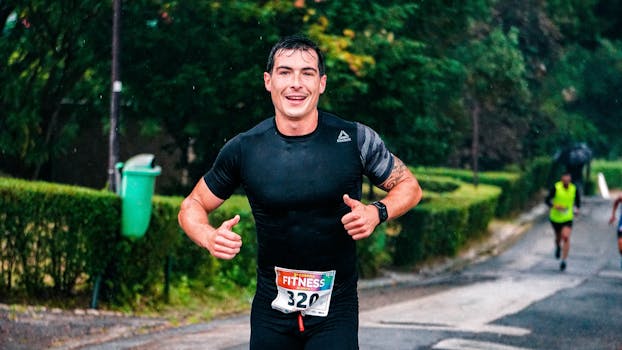
Introduction
Running faster doesn't have to mean feeling completely worn out at the finish line. With the right techniques, you can improve your speed while maintaining energy and enjoying your runs more. Here are some effective strategies to help you run faster without exhausting yourself.
1. Focus on Proper Form
- Keep your posture tall: Stand straight, keep your head up, and shoulders relaxed.
- Shorten your stride: Avoid overstriding, which can waste energy and lead to fatigue.
- Use arm swing: Pump your arms naturally to help propel yourself forward.
2. Build Endurance Gradually
- Increase your weekly mileage slowly to avoid burnout.
- Incorporate long runs at a comfortable pace into your routine.
3. Add Interval Training
- Alternate short bursts of speed with periods of easier running or walking.
- This helps improve your speed and teaches your body to recover quickly.
4. Improve Your Breathing
- Breathe deeply from your diaphragm to maximize oxygen intake.
- Practice rhythmic breathing to stay relaxed and efficient.
5. Listen to Your Body
- If you feel overly tired or sore, take rest days as needed.
- Rest and recovery are crucial for long-term progress.
Conclusion
Running faster is achievable without complete exhaustion. By focusing on your form, gradually building endurance, using interval training, breathing efficiently, and listening to your body, you’ll find that running faster becomes a more enjoyable and sustainable part of your routine.
Comments
Post a Comment